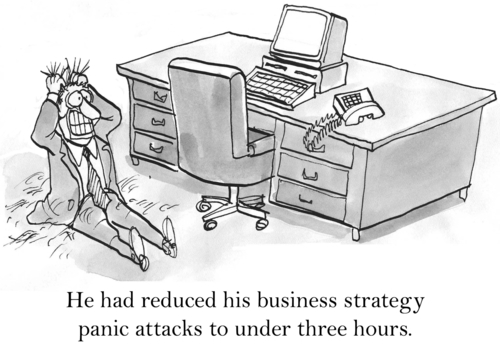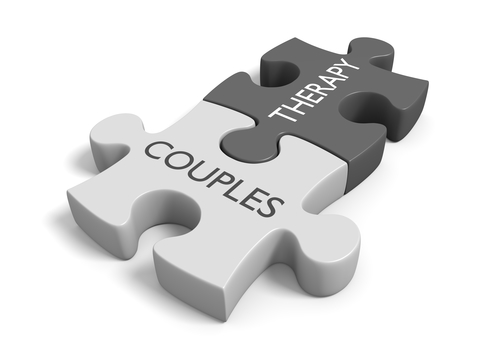William W. Horne1 spotlights the subjects of former President George W. Bush’s paintings of war veterans who found a way to survive:
“Petty Officer Chris Goethner, May 2003-2006: As a medic in Iraq, Goehner treated some 1,200 patients, and his unit was often shelled by mortars at night. Medically discharged with PTS, he suffered insomnia, nightmares and survivor’s guilt. But he was able to come to terms with the deaths and shed his medications. He now does mission work in South Africa.”
“Lieutenant Melissa Stockwell, Army, 2002-2005: After an IED claimed her leg in Baghdad, an impatient Stockwell quickly got back to biking, running and swimming, winning the bronze medal in the triathlon in the 2016 Paralympic Games in Rio de Janeiro. She wore the American flag proudly on her prosthetic leg while dancing with Bush in Texas, after a hard day of biking.”
“Sergeant William Ganem, Marines, 1998-2005: Garmen lost a leg to a roadside bomb in Iraq, then headed for rock bottom- with a divorce, a DUI, and a bankruptcy. Then he sought help: “I wanted to see what I could accomplish with my head removed from my ass.” The ‘what’ was impressive- a masters degree in social work and a job helping vets transition to civilian life.”
Matthew Hunt2, “You don’t have to be a veteran coming home from Afghanistan to suffer from post traumatic stress disorder (PTSD). It can also be the result of unresolved emotional wounds from childhood, surviving a traumatic incident like a car crash, or witnessing horrific spectacles like the Boston Marathon bombings.
It’s not “in your head”
Unexamined trauma can lead to serious physical imbalances. Sudden or prolonged stress makes the endocrine system produce too much cortisol – a “fight or flight” hormone which converts protein into energy. This is normal for short term as a reaction to stress – but when prolonged or buried, it creates a hormonal haze which continually affects your body’s systems.
It’s important to get help
These “fight or flight” hormones are supposed to do their job and go home. When they don’t, it’s a good idea to seek counseling to understand why. Left untreated, there’s a good chance of living life continually in an anxious, edgy, tense place that is vulnerable to emotional storms.
Triggers
The body may handle the continual ‘high alert’ for weeks or even years, and then boom! A trigger may cause a cascading event like an emotional explosion.
Things like a lack of sleep, stressful work situation, relationship issues, death or illness in the family, improper dieting, or even traffic jams can trigger anxiety attacks, nightmares or flashbacks of a terrifying event.
Treatment
Often people may seek to self-medicate through recreational drugs or alcohol – but this is only a temporary fix with diminishing returns, and is especially dangerous because it can lead to addiction.
Proper counseling is invaluable
Proper medication may be a part of therapy, but figuring it all out first is the first step, and talking to a qualified therapist can be a vital help.
The irony is that many people find it difficult to fit one more thing into their busy lives. But that’s where Counseling on Demand offers additional help. Our therapy group meets you where you are – at any location – using online tools such as Skype to blend a face-to-face connection with convenience.
Anxiety & Depression: Post Traumatic Stress Disorder (PTSD) 11 self-help tips to try (and 4 more for others to assist you)
Many think of PTSD as a military phenomenon, but we are all vulnerable, no matter the age or circumstance; a home fire, domestic abuse, witnessing a traffic accident. Any experience of a life trauma, either physically or emotionally; lived, witnessed or thought of, can cause an anxiety problem- even depression, known as Post-traumatic Stress Disorder (PTSD).
The anxiety & depression of PTSD can affect you for years after the event occurs – possibly even the rest of your life. PTSD can very well affect you both psychologically and physically. As a result, you may relive the trauma, as though transported back in time.
These reminders are what fellow mental health practitioners term, “Triggers” (Yes, just like a pistol trigger; and with similarly catastrophic results.)
Triggers, such as loud noises, images or other situations may “trigger” panic attacks, extreme anxiety, unexplained anger or fear (of recurrence) and depression. Those with PTSD also experience issues with their emotional thinking and future: detachment from love, numbness, depression, feelings of helplessness/hopelessness or avoidance behaviors of events, things, and even people that may remind them of the dreaded event.
11 self- help tips to try3:
Read More…









